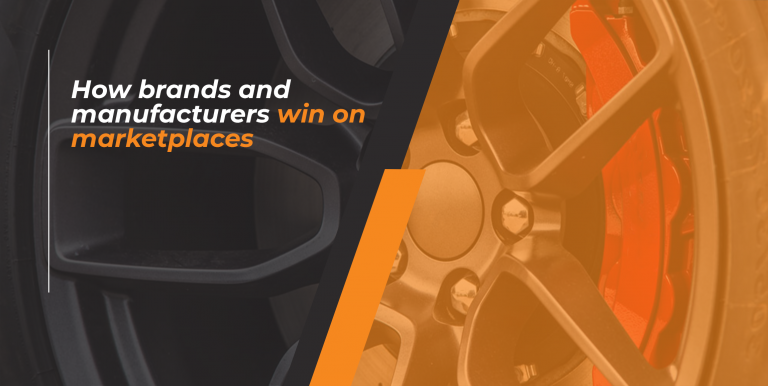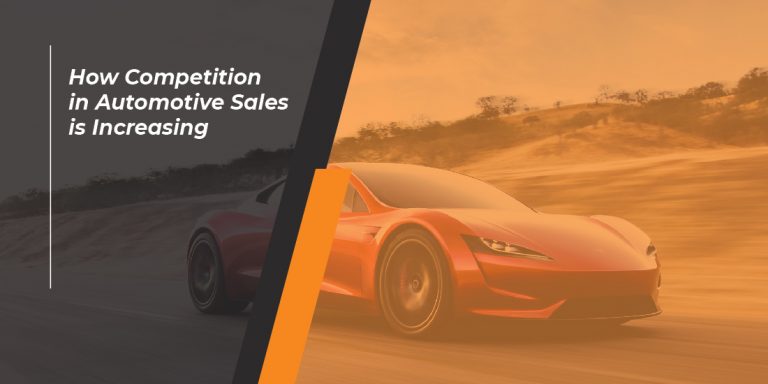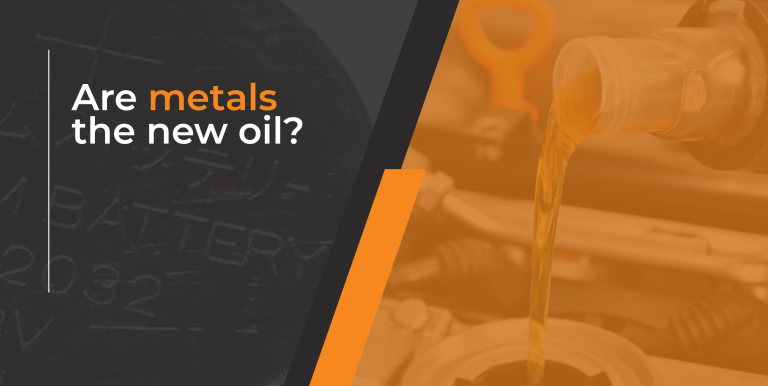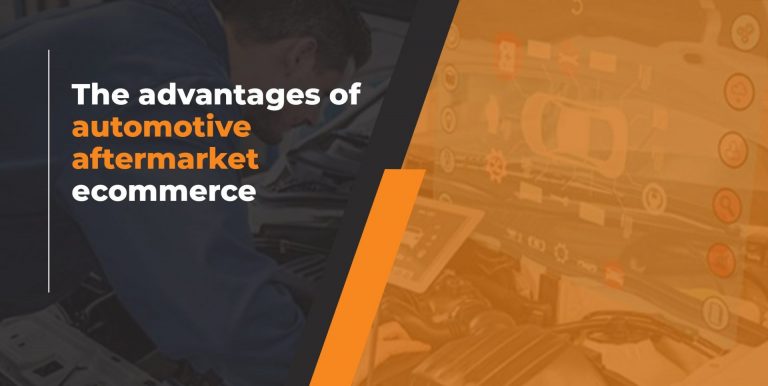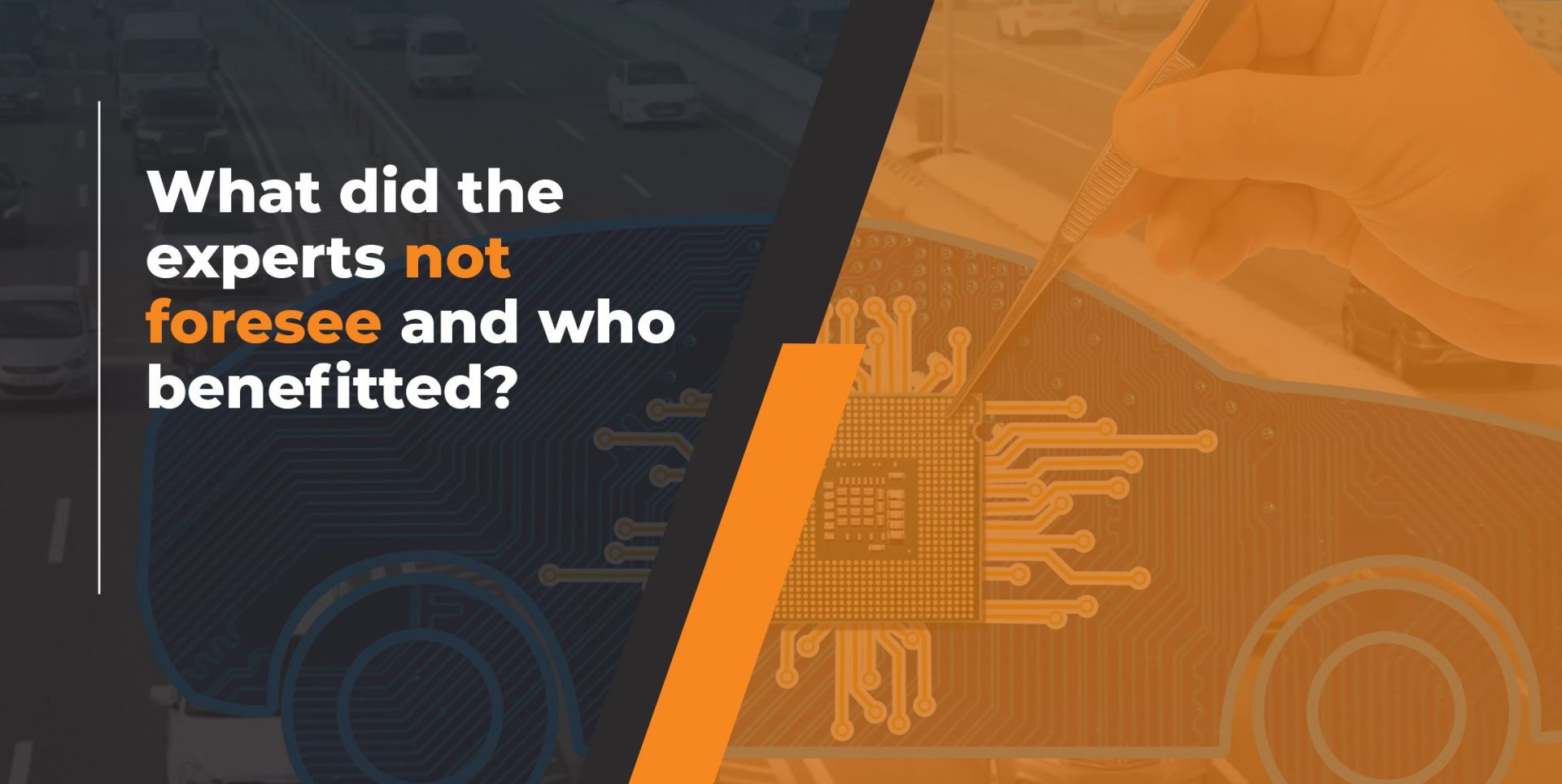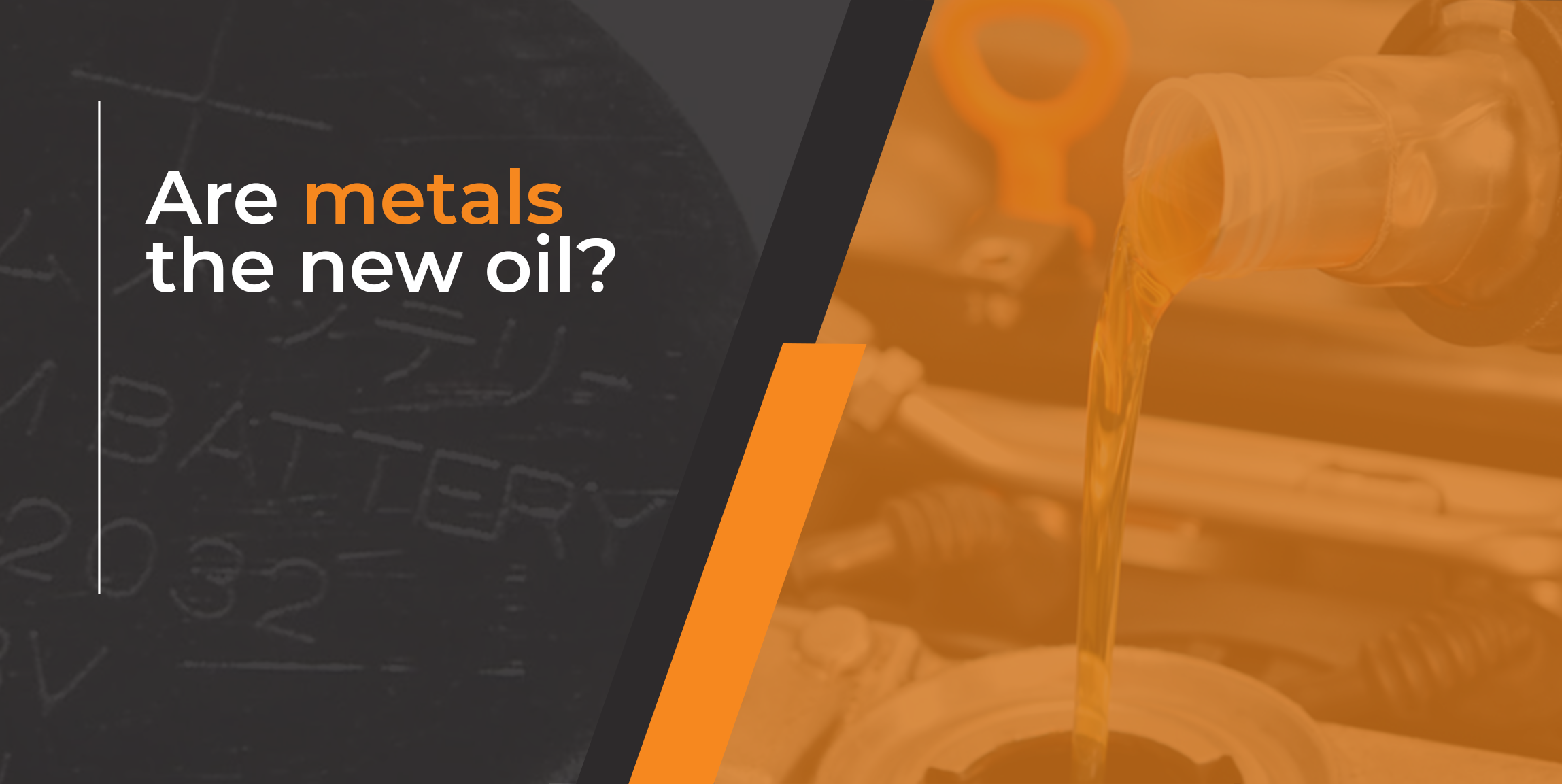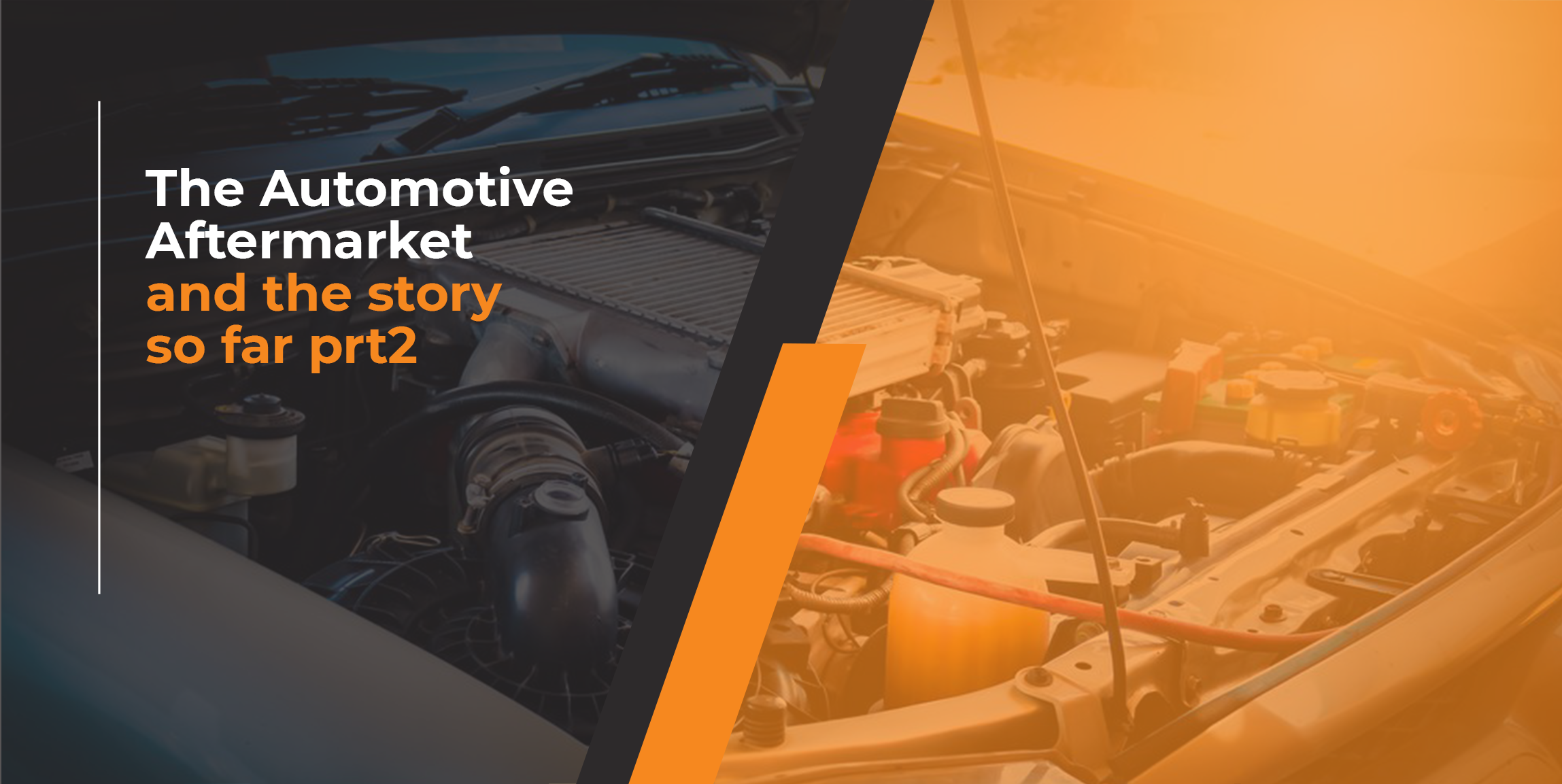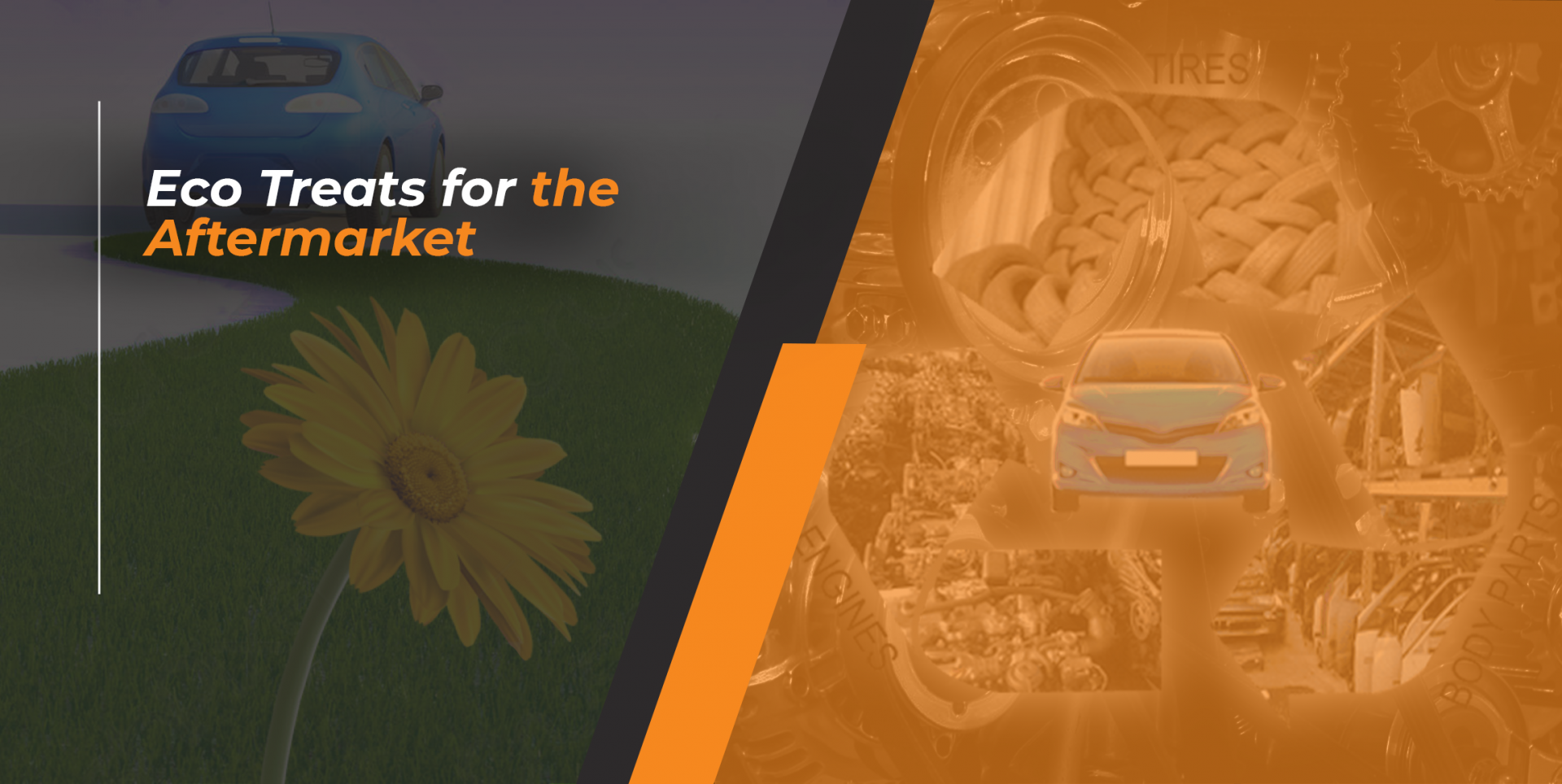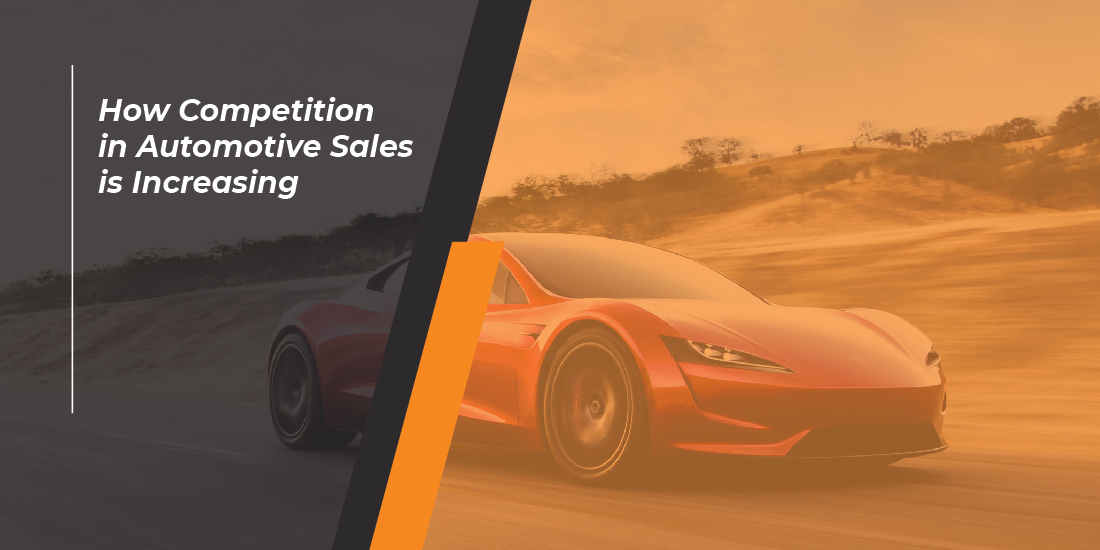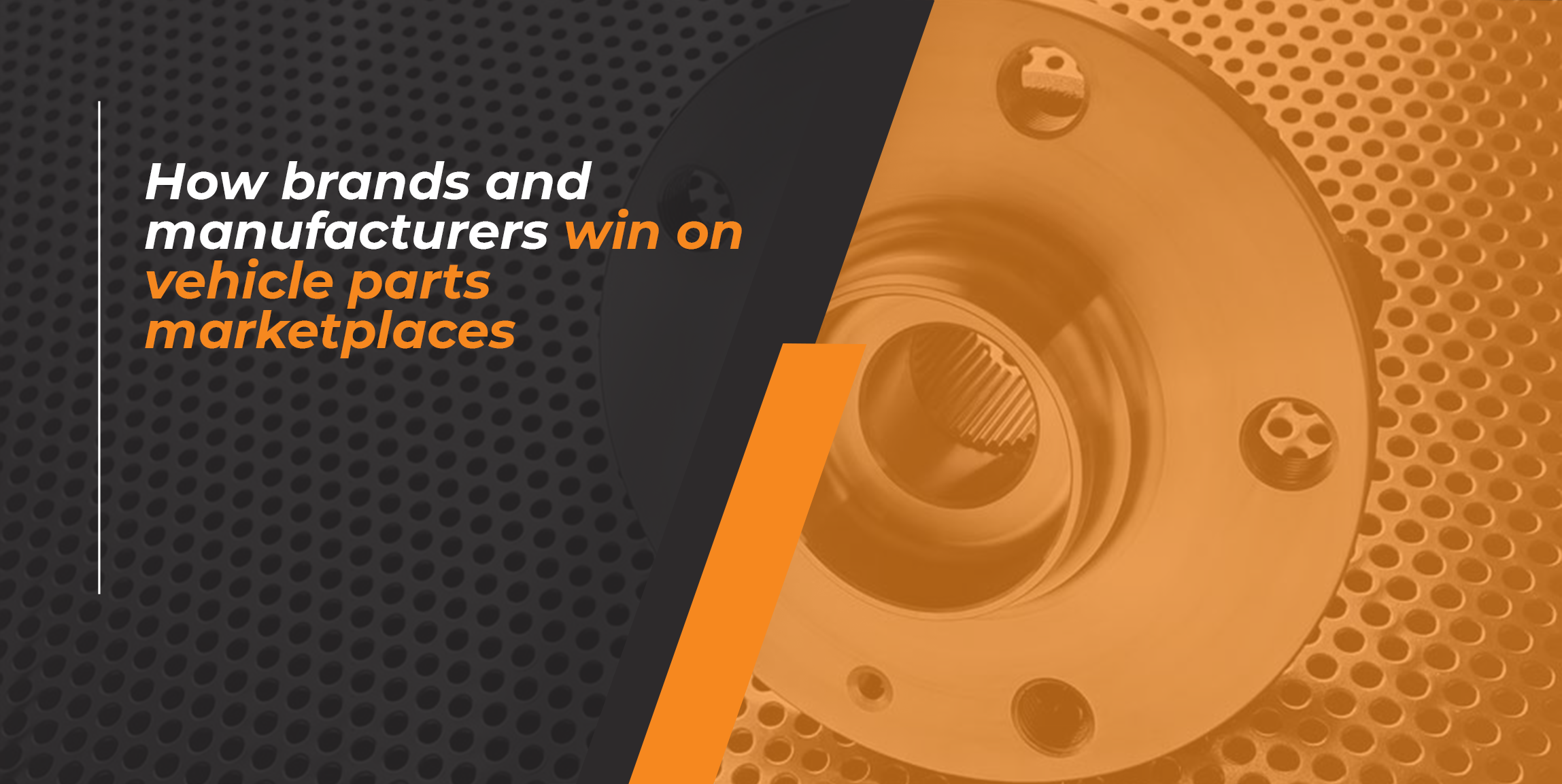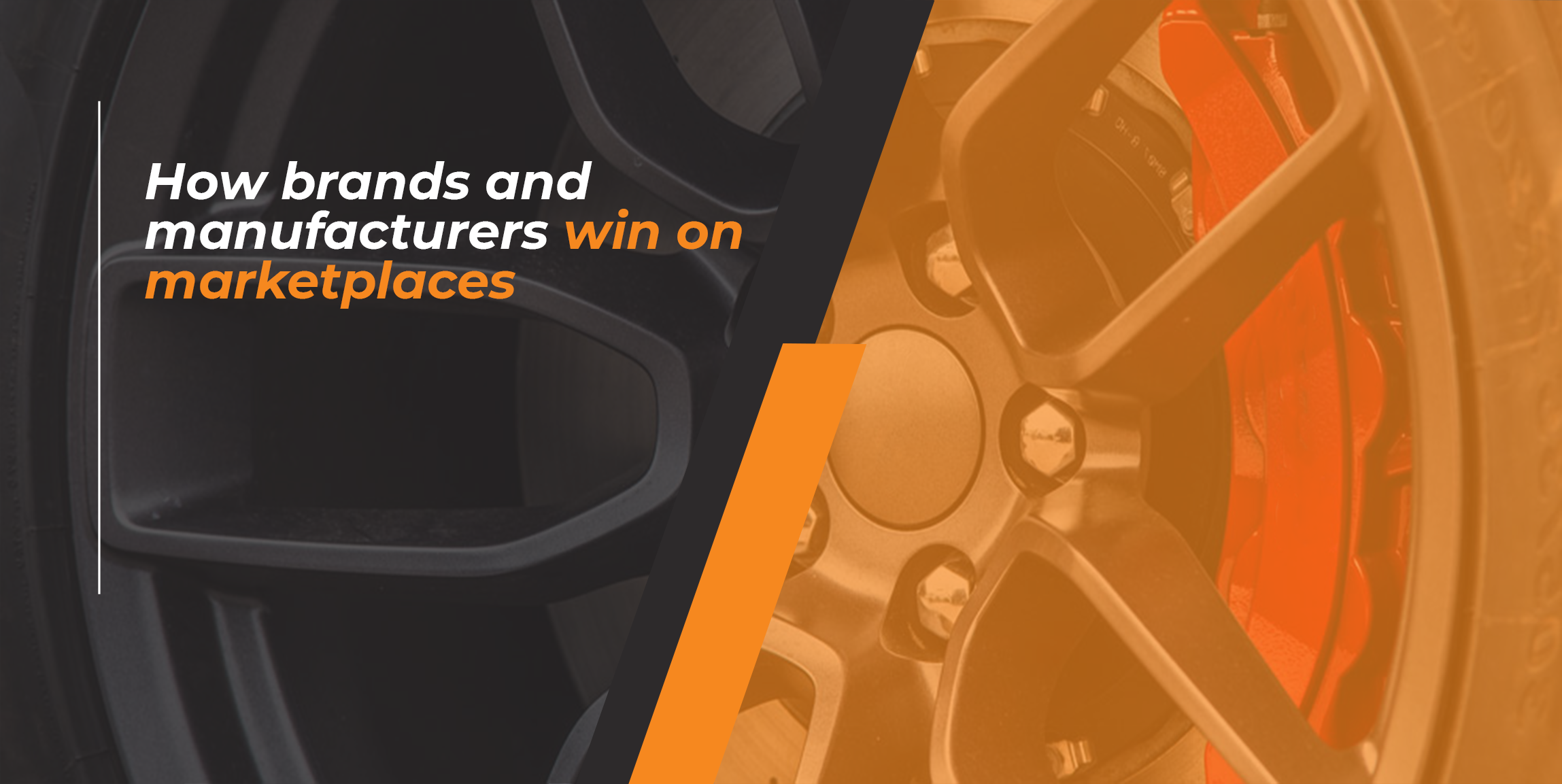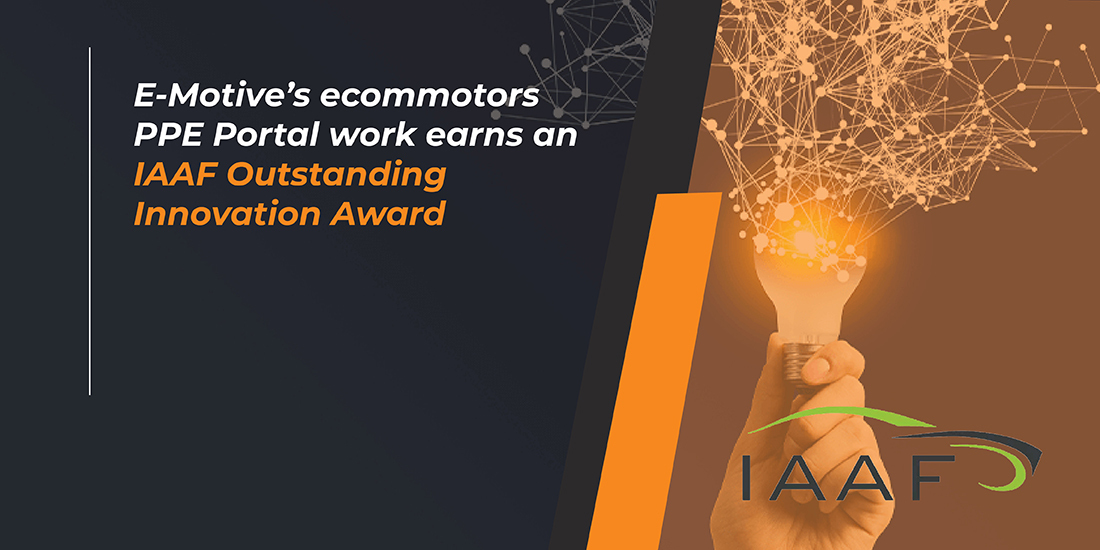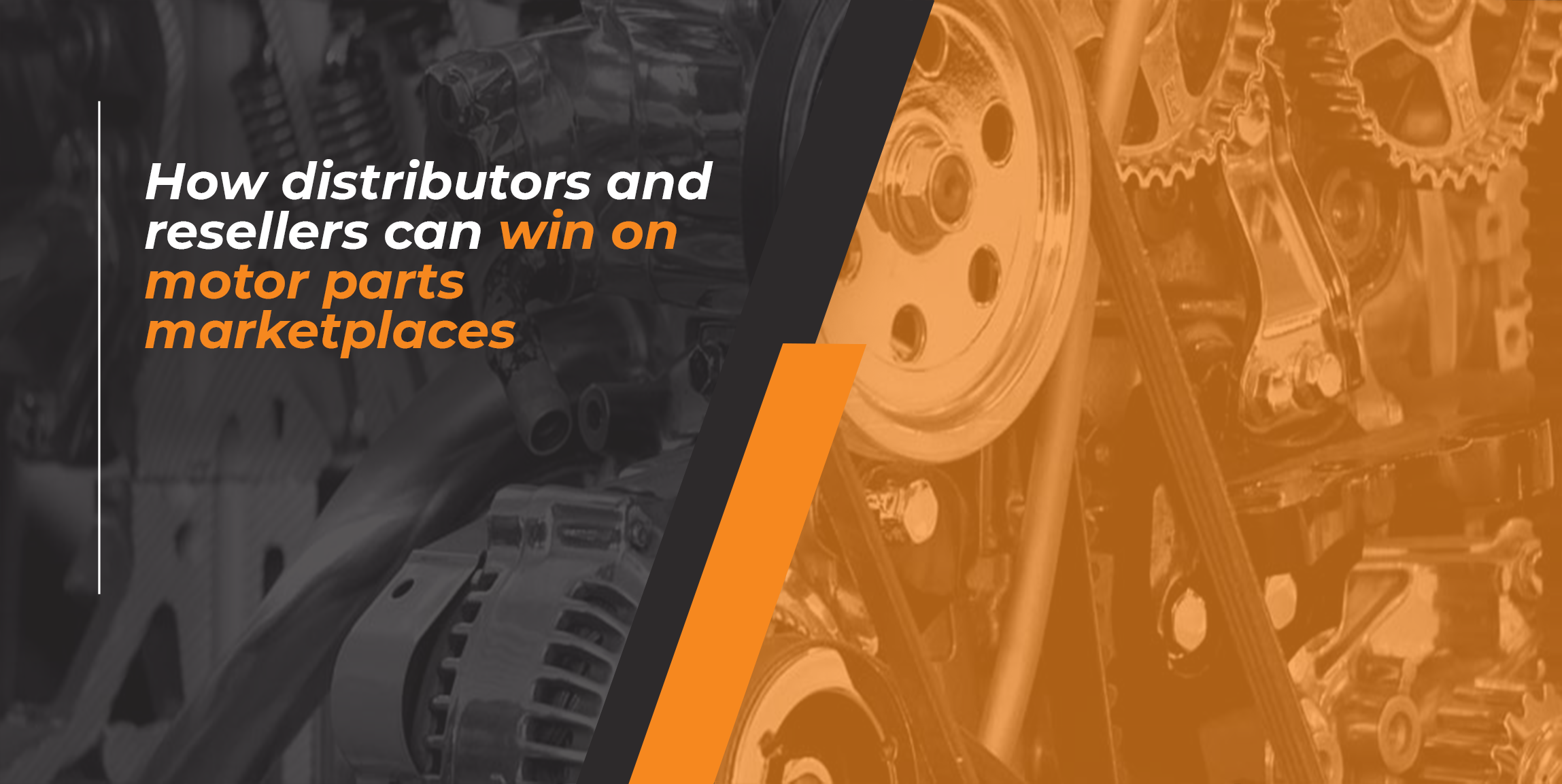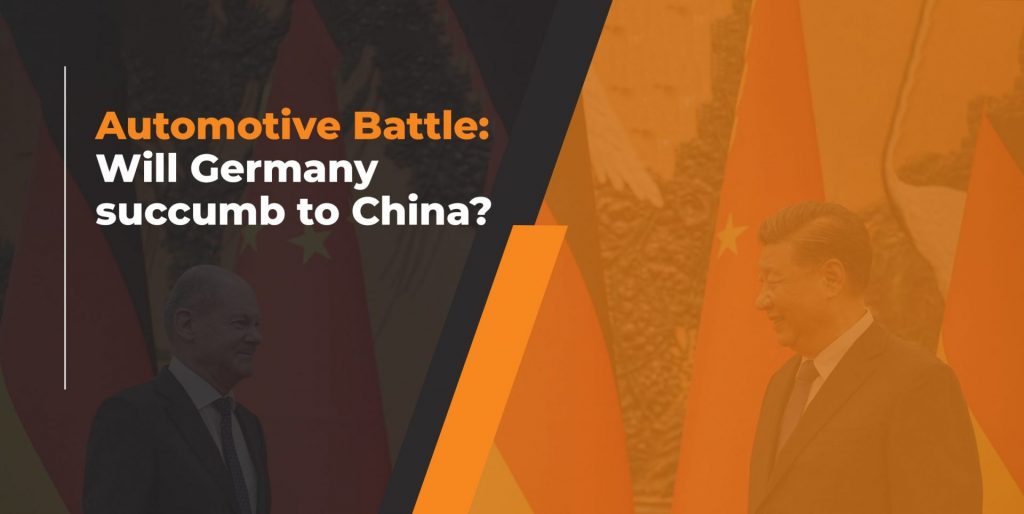
In the realm of automotive aftermarket, a fierce struggle is underway, and it’s not just about selling new cars. Germany, known for its robust automotive industry, faces a daunting challenge from a formidable competitor: China. The German government has recently adopted a strategic stance concerning its relationship with China, aiming to mitigate risks and uncertainties. As China’s influence in the automotive sector grows, Germany finds itself at a crossroads, grappling with the potential loss of its long-held dominance.
Germany’s Shifting Approach Towards China
Germany’s approach to China has undergone a significant shift, as highlighted by the country’s first strategic policy targeting its relationship with the Asian giant. The German government, acknowledging China’s evolving status as a “systemic rival” to the West, seeks to reduce vulnerabilities in its trade networks and exports. This strategy emphasises diversifying supply chains and markets to decrease the susceptibility to external shocks. While not advocating for complete detachment from China, the strategy aims to ensure that German companies recognise and manage the risks associated with doing business in China independently.
Signalling a New Era
The adoption of this strategy marks a crucial turning point. Previously, Germany’s stance on China was characterised by ambiguity. However, this move signifies that Berlin no longer considers China solely as an economically lucrative partner but also as a multifaceted threat to the Western world. With tensions escalating globally, such as the Russian invasion of Ukraine, Germany aims to reduce its dependences in order to safeguard its interests and stability.
Challenges for German Automakers in China
China holds a pivotal role in the German economy, being its largest trading partner, with bilateral trade exceeding an impressive 300 billion euros last year. This relationship has significantly contributed to Germany’s economic success and exemplifies the concept of globalisation in practice. Nonetheless, with China’s pursuit of global technological dominance and increasing tensions over issues like Taiwan, German companies operating in China are growing apprehensive about their future prospects.
Even established companies like Volkswagen, present in China since the late 1980s, have reasons for concern. While Volkswagen’s sales are still substantial in China, with half of its 2021 sales occurring there, the company faces challenges in the electric vehicle market. Local manufacturers like BYD, Chery, and Nio dominate this sector. To add to this, China recently surpassed Germany in exporting cars for the first time, showcasing its growing influence.
A Precarious Future
Although an immediate collapse of the German automotive industry seems unlikely, genuine concerns about the future persist. The recent decline in business confidence, as indicated by the Ifo Institute’s business confidence index, emphasises the uncertainty surrounding the sector. German automakers face a confluence of challenges, from bureaucratic obstacles to intricate geopolitical dynamics.
The need to navigate multiple transformations simultaneously places the automotive sector in a uniquely vulnerable position. Factory closures and downsizing are expected, with suppliers of internal combustion engine parts and gearboxes particularly affected.
Germany’s automotive industry faces a critical juncture, with China’s ascension in the global automotive arena posing a formidable threat. The German government’s strategic shift reflects the growing complexities of the relationship, emphasising the need to manage risks while preserving economic interests. As the automotive battle rages on, the question remains: Will Germany maintain its supremacy, or will China emerge victorious in this high-stakes competition?
Impact on the Automotive Aftermarket: A New Landscape Emerges
The seismic shifts in the global automotive industry, particularly the evolving dynamics between Germany and China, are bound to reverberate throughout the automotive aftermarket. This crucial segment of the industry, responsible for vehicle maintenance, repair, and customisation, will undergo significant transformations as Germany navigates its relationship with China.
Supply Chain Disruptions and Parts Availability
One of the most immediate effects on the automotive aftermarket is the potential disruption to the supply chain. German automakers have intricate networks of suppliers, many of whom are based in China. As Germany seeks to reduce its dependence on China, these supply chains could be rerouted, leading to delays in the availability of replacement parts for vehicles. This, in turn, could affect repair shops and mechanics who rely on a steady stream of components to service vehicles.
Technological Shifts and Adaptation
China’s aggressive push towards technological dominance, especially in electric vehicles and autonomous driving, could reshape the types of services and products offered in the aftermarket. As China advances in electric mobility, the demand for traditional combustion engine parts might decline, leading aftermarket players to adapt their offerings to cater to the growing market of electric vehicles and their unique requirements.
Market Competition and Localisation
China’s determination to bolster its domestic automotive industry could foster a surge in local aftermarket players. As Chinese manufacturers make strides in vehicle production, they might also aim to dominate the aftermarket by producing replacement parts and accessories domestically. This could intensify competition and potentially reshape the global aftermarket landscape.
Geopolitical Tensions and Trade Barriers
As geopolitical tensions escalate between China and Taiwan, China and Western nations, trade barriers, tariffs, and export restrictions could come into play.
These factors could hinder the smooth flow of automotive components and products across borders. For the automotive aftermarket, this might lead to fluctuations in prices and availability of parts, impacting repair shops and consumers alike.
Technological Innovation and Collaboration
While the challenges are substantial, the changing landscape could also encourage innovation and collaboration within the automotive aftermarket. As traditional players seek ways to adapt to evolving demands, they might explore partnerships with emerging tech companies or invest in research and development to keep pace with changing vehicle technologies.
Navigating Uncertainty and Embracing Change
The evolving dynamics between Germany and China have injected a new level of uncertainty into the automotive aftermarket. Repair shops, parts suppliers, and other players within the industry must be prepared to navigate this shifting landscape. Adapting to changes in supply chains, embracing new technologies, and fostering innovative collaborations will be key to surviving and thriving in this rapidly evolving environment. As Germany grapples with the implications of its strategic choices, the automotive aftermarket must also forge its own path forward in this era of transformative change.
As the automotive industry undergoes unprecedented shifts, it’s crucial to have the right partners by your side. At ecommotors, we’re committed to guiding you through these changes and helping you thrive. If you’re looking to navigate the challenges and opportunities in the automotive aftermarket, contact us today to explore how our innovative solutions can drive your success. Let’s shape the future of the automotive industry together.
To find out more about the automotive aftermarket, or for a no-obligation introductory discussion, please contact us.
automotive
More from us









